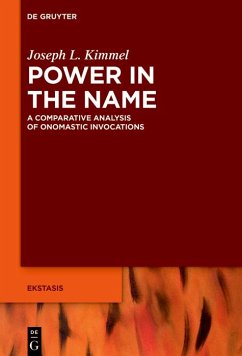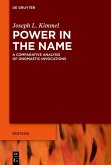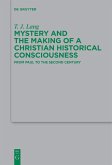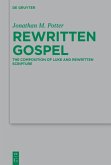How do divine names channel power? This project analyzes, first of all, the invocation of particular divine names (e.g., Jesus, Aphrodite) to access power for activities like healing, protecting, and harming. In so doing, it focuses on texts and artifacts (e.g., amulets) from ancient Mediterranean communities, including both early Christian documents and Greek magical papyri. Additionally, it compares these materials with empowered names from a very different context: 10th-century Tibet, where names were similarly invoked to access otherworldly power, based upon Indic understandings of language. In both contexts, therefore, a primary feature of this project is the analysis of religious experience mediated via invocation of particular names.
The project then builds upon this primary-level onomastic analysis to consider how and why names were believed to work in this manner. Towards this end, the work comparatively considers major onomastic theories from the ancient Mediterranean world, including those of Plato, Origen, Tertullian, and Iamblichus. While the main focus of the project is the ancient Mediterranean world, the book will also address the Indo-Tibetan linguistic theories undergirding artifacts from that context.
Dieser Download kann aus rechtlichen Gründen nur mit Rechnungsadresse in A, B, BG, CY, CZ, D, DK, EW, E, FIN, F, GR, HR, H, IRL, I, LT, L, LR, M, NL, PL, P, R, S, SLO, SK ausgeliefert werden.









